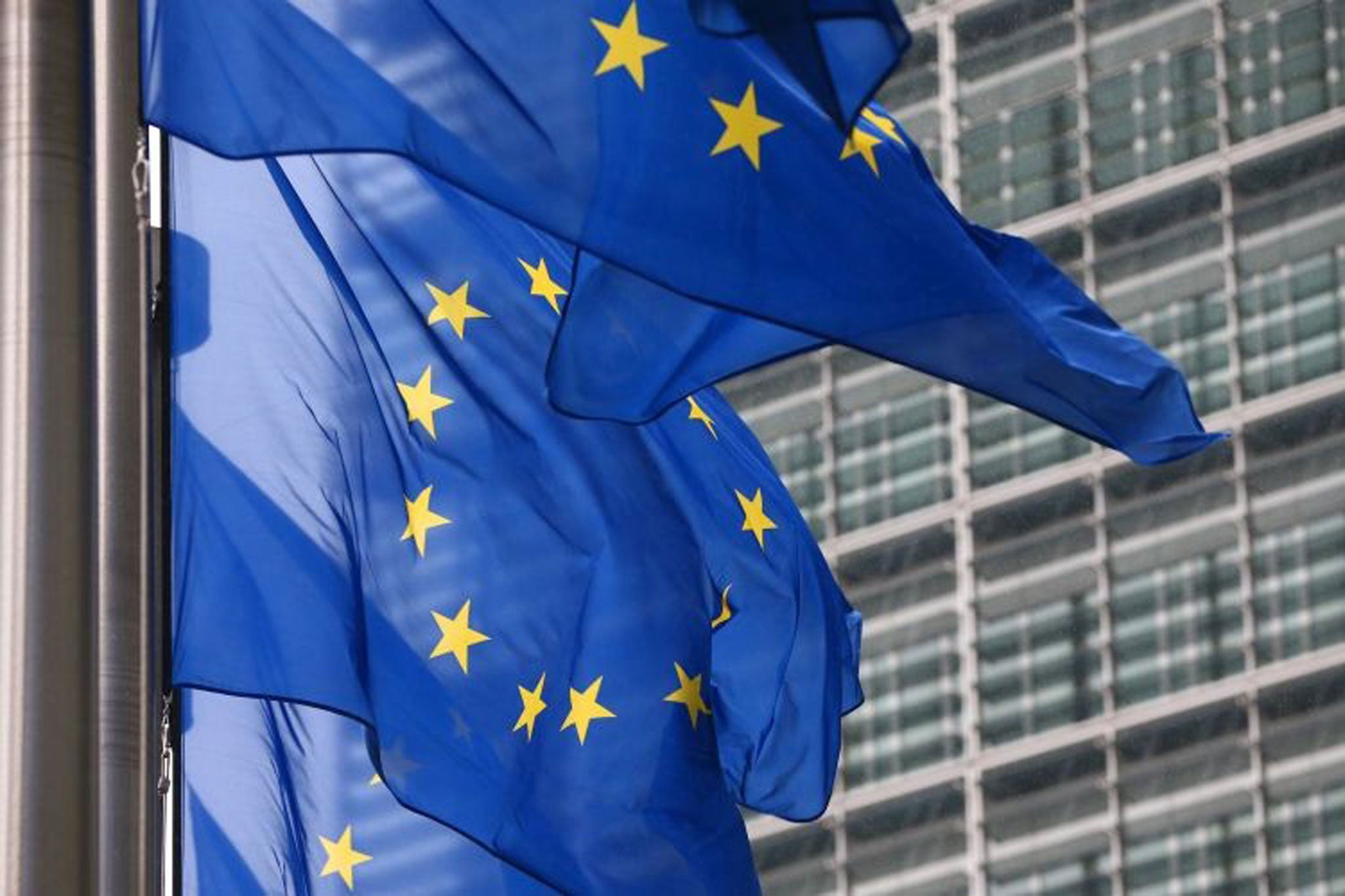Derek Pain: All the EU talk of human rights does not extend to investors

Small shareholders, particularly the traditional variety, have long suffered poor treatment in the City. But I now detect faint stirrings – and it would be foolish to put it any stronger – that there is an element of sympathy building for their plight.
There is no doubt that the role of all shareholders, big and small, has been eroded. Managements have in many cases ignored the owners and steamrollered through excessive pay packets and other forms of self interest.
Institutions have too often sat on their hands. Only in the past few years, as management demands have grown more outrageous, have some woken up to their responsibilities and campaigned, usually unsuccessfully, against some boardroom proposals.
Last month, John Russell, the chairman of Henderson Far East Income, who some would regard as an institutional shareholder, demanded a change in attitude. He said that over the past 20 years, a system "heavily skewed" against shareholders had developed. There is now a dangerous discord between managements and owners, he added, saying: "Legislation is unlikely to change this behaviour; only shareholders can do that by voting."
The problem, however, is that share registers are increasingly dominated by wealth managers, institutions, share-dealing services and platforms. Annual reports with proxy voting cards are not distributed to underlying shareholders, in effect disenfranchising them.
Mr Russell's comments, and a few other observations, should have focused City minds on the sorry plight of small investors. But although they get a raw deal, I doubt if the mutterings on their behalf will have any influence.
Many who trade electronically are, as Mr Russell said, denied their basic rights. They may look upon themselves as shareholders but they are not on the company's shareholder register. Instead, they are lumped into Crest nominee accounts and most of them sacrifice voting and other rights. Traditional investors who are on the register through owning paper share certificates pay dearly for the privilege. True, they get all documentation together with the voting forms. But the cost of trading certificates is high.
Companies, of course, love nominee accounts: they bring down, quite dramatically, the cost of maintaining registers. It is possible to have personal Crest accounts and get documents but they are frowned upon by the City.
Figures vary on the extent of the traditional shareholding army. I have heard that nine million investors have certificates; others suggest a few million. Indeed, the Investors Chronicle recently claimed the figure was nearer one million and most certificates dated back 20 years or more. My certificates are mostly far more recent and I suspect the same applies to other investors.
The ever-meddling European Union has decided, however, that paper certificates – granting the owner basic rights – are an anachronism. All the EU talk of human rights does not extend to investors. The latest indication is that no more share certificates will be issued after 2023 and existing certificates will go two years later. There seems little hope of a U-turn.
Dematerialisation – as the paper killing is called – had been expected much earlier. I suspect the Brussels brains are hoping that many certificate-hugging investors will have given up on the market before this atrocious decision comes into force. I will have.
Yourmoney@independent.co.uk
Subscribe to Independent Premium to bookmark this article
Want to bookmark your favourite articles and stories to read or reference later? Start your Independent Premium subscription today.

Join our commenting forum
Join thought-provoking conversations, follow other Independent readers and see their replies